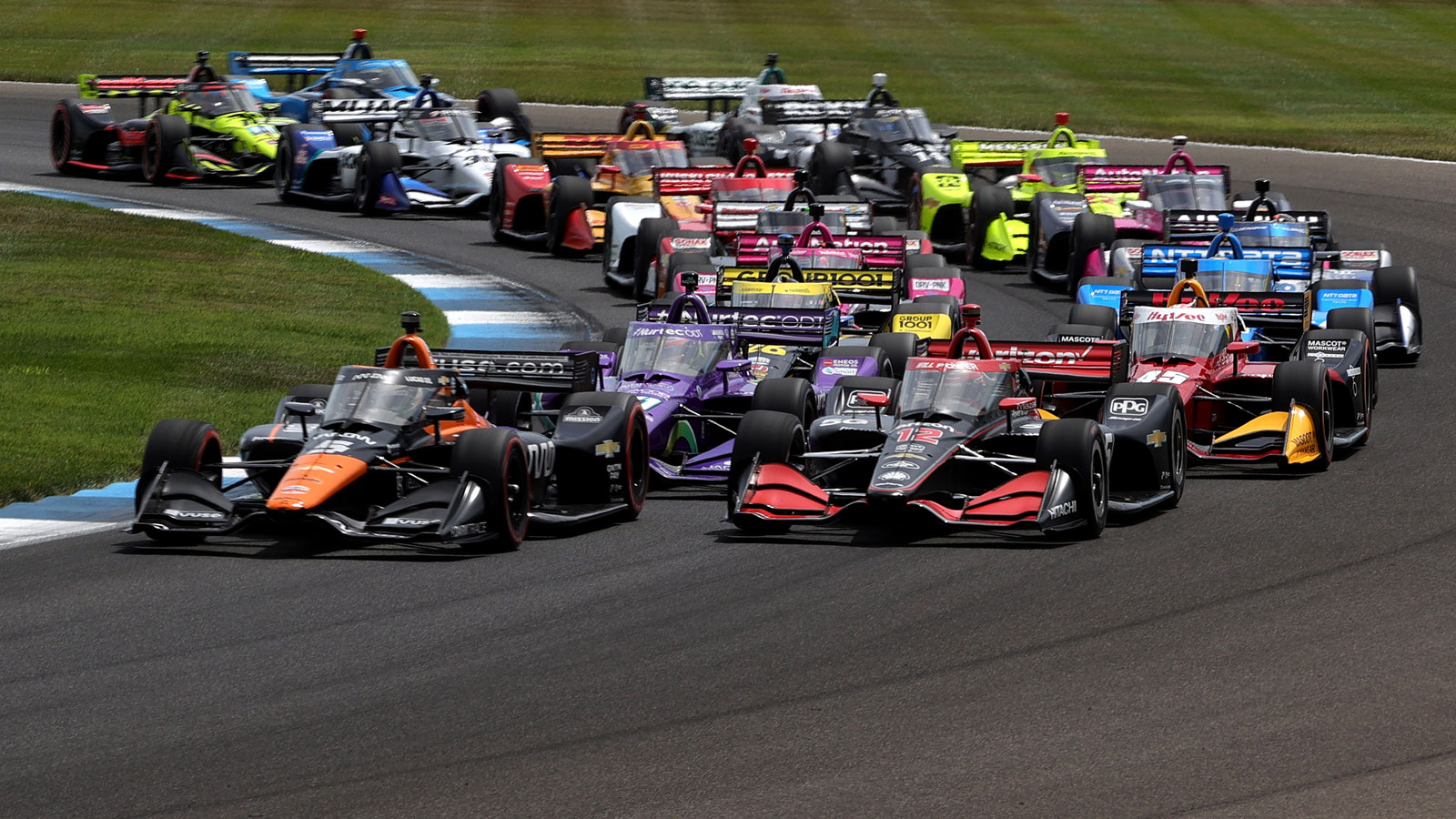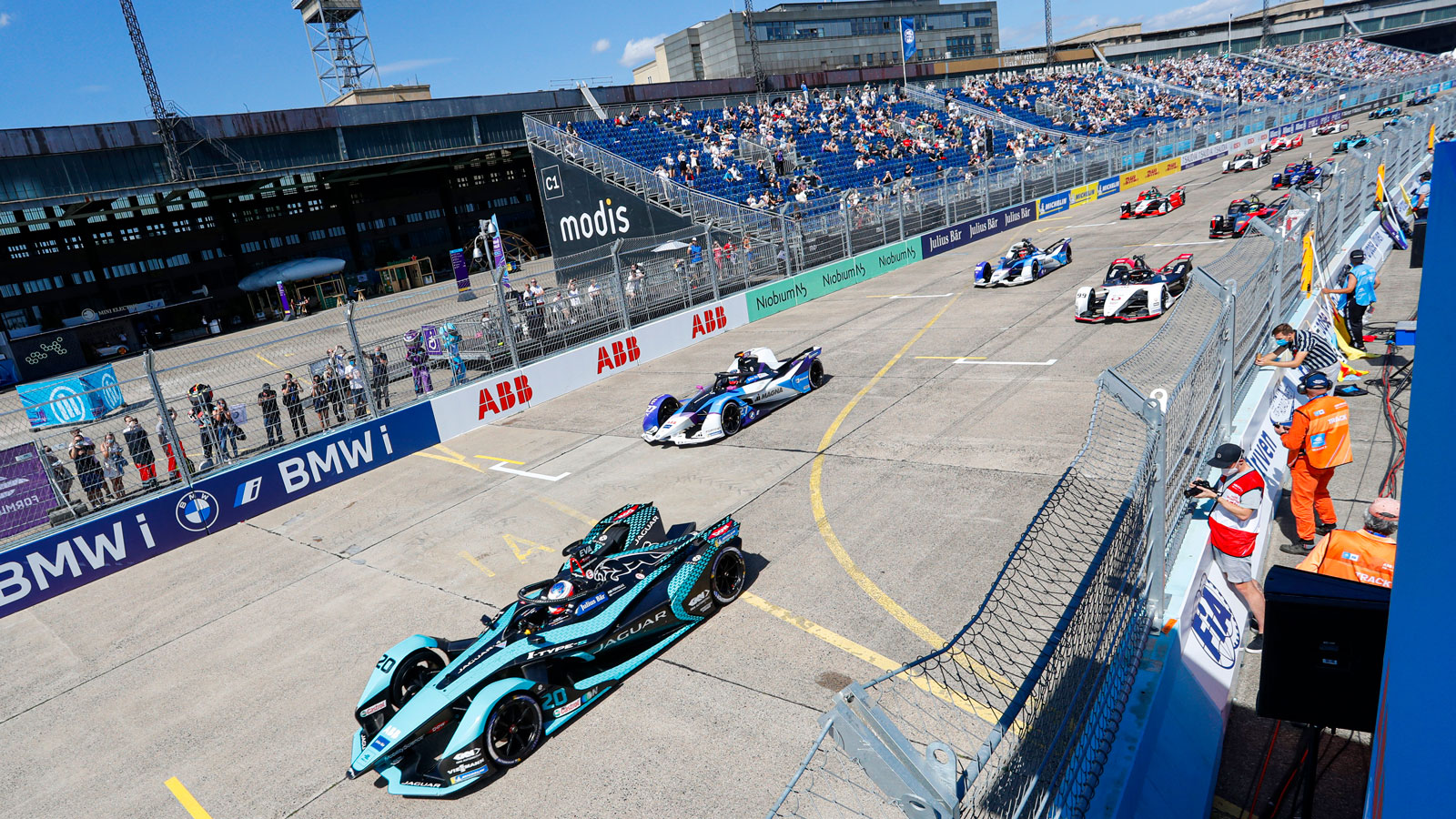It's No Surprise Most Motorsport Isn't Sustainable Enough: Report
The Sustainable Motorsport Index ranked the eco credentials of global racing series from Formula E to NASCAR.
We can all agree that most motorsport isn't the best use of the planet's resources, right? But as global motorsport now ranges from electric off-road racers to IndyCar monsters, are some mitigating their impact on the environment better than others? According to a new ranking of eco-friendly global motorsport series, that's a no.
Watchdog the Sustainable Motorsport Index (SMI) has published its latest report, which paints a bleak picture of the state of global motorsport.
The Sustainable Championships Index (SChI) report, ranked various racing series based on their sustainability. Despite assessing more than 100 series, it found that almost every sector could be doing more to reduce its impact.
According to the SChI, just one out of 106 global series was given the highest rating for sustainability. What's more, 72 of the sports assessed placed in the lowest tier for their sustainability. Not a good look for global motorsport.

The index divided 106 global motorsport series across five levels of sustainability. The ranking included EV racing like Formula E, hybrid series such as Formula 1 and good old V8 power in the form of NASCAR.
To rank each series, they were evaluated on their environmental certifications, sustainable awards and accreditations, environmental practices, social projects and engagement in global issues.
Out of a possible four-star ranking, the SChI placed just one global motorsport series in the top level, Formula E.
In contrast, 72 of the assessed motorsport series were placed at the bottom and given zero stars.
Falling in the middle ground, two sports gained three stars, five were given two stars and 26 global motorsports series gained just one star. Room for improvement across the board, it seems.

Notable low-scorers according to the SChI included IndyCar, Formula 2, the European Rally Trophy and the European Le Mans Series. All of which were given a zero-star rating
The report said:
"With only a few championships earning medium to high SChI scores, and more than half appearing in the bottom tier, the results show that a clear gap exists between the leaders and the laggards.
"This finding highlights the need for improvement among the majority of championships assessed, as well as the need for greater disclosure and engagement across these industry stakeholders."
Despite their low scores, the SChI did acknowledge that many low-ranking series were starting to make efforts to increase sustainability in motorsport.

It noted practices such as improved waste management, use of natural resources and the launch of climate change projects as factors that could help increase motorsport's sustainability in the future.
However, it added that "there are still far too many that are not engaging with sustainability in a meaningful way." And, called for "collaboration and sharing of best practice," in order to increase sustainability across the board.
The top series that could soon look to share their sustainable standards with the wider motorsport community include Formula E, which was rated the most sustainable; Formula 1, which came in second place; and MotoGP, which was ranked third.
These three were awarded for their engagement in global issues, efforts to utilize renewable fuel sources and other sustainable awards or accreditations.
